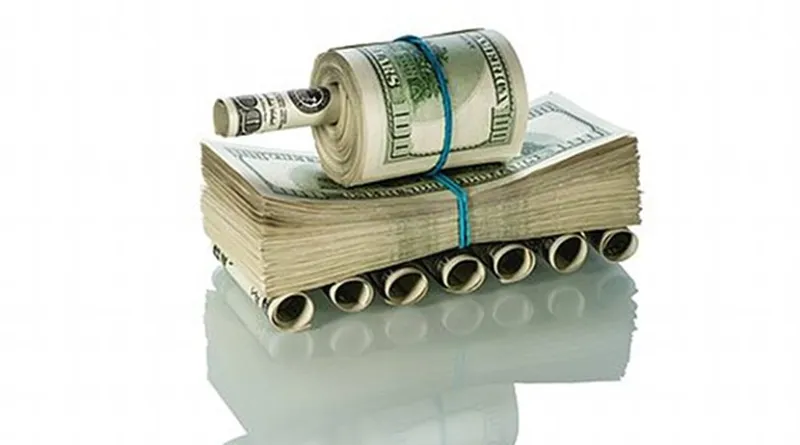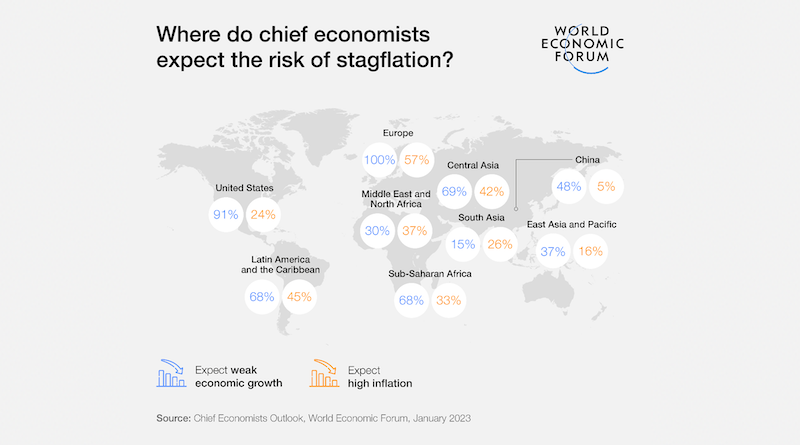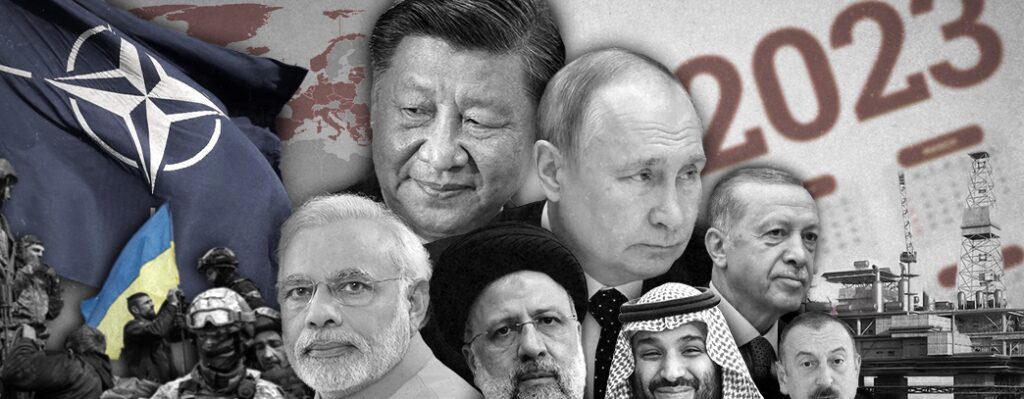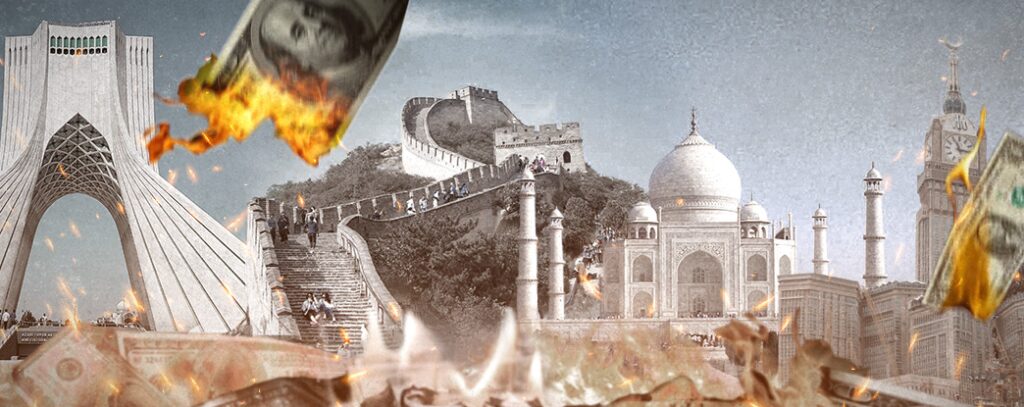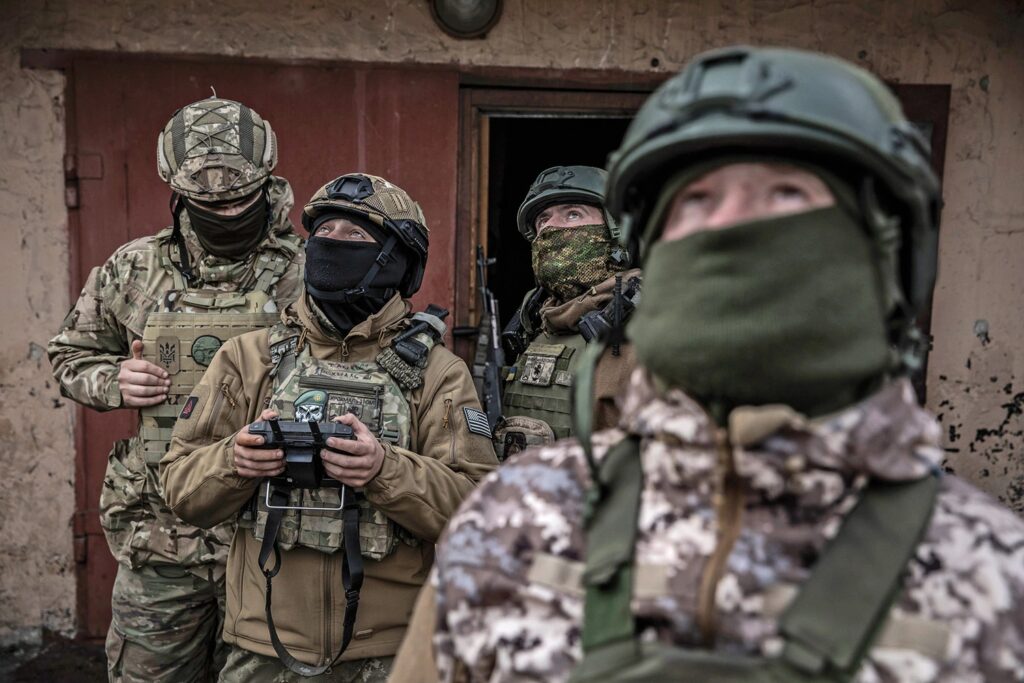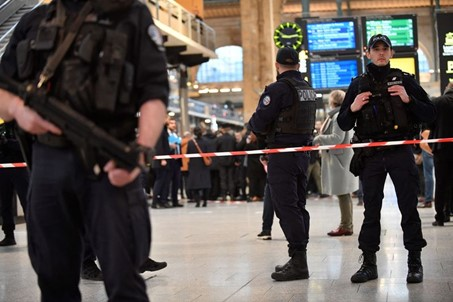Accélération de la chute de l’empire (des États-Uniens)

Un monde fragmenté ?
Ce concept stupide et ne reflétant aucune réalité c’est selon… l’unique point de vue des USA. Sa non-pensée répétitive effacerait toutes les autres pensées, celles du vaste monde. Mais « effacées » que sur les médias vendus seulement, médias aussi relayés sur internet. Et pas dans le concret de la vraie vie… Pendant ce temps, la nouveauté devient que tous les rouages de cette foutaise seront démontés. Et certains nous feront même revenir aux rires frais, spontanés et libérateurs.



